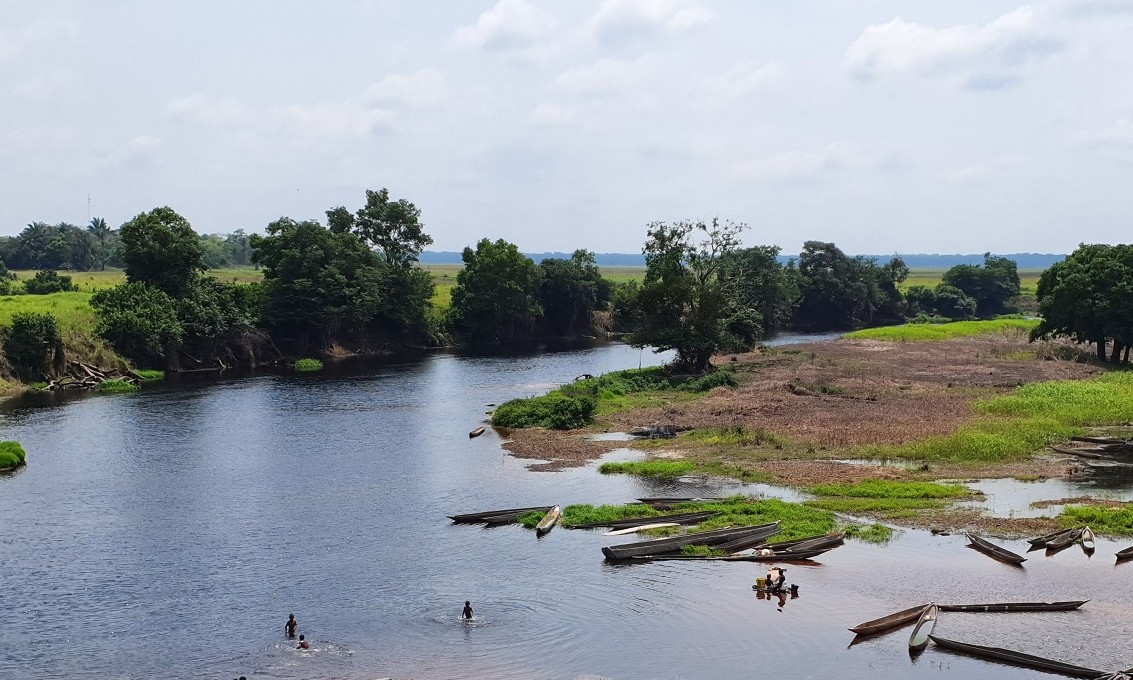 Joakim Harlin/UNEP
Joakim Harlin/UNEP
UN Biodiversity Convention discusses biodiversity, One Health and response to COVID-19
A special virtual session of the scientific and implementation bodies of the Convention on Biological Diversity (CBD) convened on 15 and 16 December, discussed work by IPBES, OECD, GEF, WHO, CBD and others to show that the underlying causes of pandemics are the same global environmental changes that drive biodiversity loss and climate change.
Re-watch the special virtual session discussion that took place on 15 December 2020:
Throughout the session, the links between pandemic risk and biodiversity were discussed, as these links reinforce need to address drivers of biodiversity loss. It was noted that the COVID-19 pandemic highlights the urgent need to address the biodiversity crisis with the climate crisis, and the need for transformative change.
The many opportunities for responses to COVID-19 were discussed. Options for responses, which ensure that COVID-19 economic recovery measures contribute to and do not compromise biodiversity, could take many forms. Governments were encouraged to:
- maintain and strengthen regulations on land use, wildlife trade and pollution, and ensure that they are effectively enforced; and
- consider options which would ensure that public financial support for stimulus and recovery measures have positive outcomes for biodiversity.
Balanced attention to short-term stimulus measures and longer-term approaches, which contribute to sustainable development and reduce the risk of future pandemics, are needed to ensure that we ‘build back better’.
More information:
Information on the Special Virtual Session
Key options to ensure public financial support biodiversity positive stimulus and recovery measures
Attaching environmental conditionality to bailouts of companies to drive sustainability improvements, particularly for bailouts in sectors with a large biodiversity footprint such as agriculture, energy and industry.
Screening and monitoring stimulus measures for their biodiversity impacts to ensure they are aligned with long-term policy goals for sustainability.
Setting biodiversity spending targets for COVID-19 stimulus measures and recovery plans, similar to recovery measures which contribute to climate goals.
Employing public procurement to support companies and producers that meet biodiversity criteria.
Employing fiscal policies to reward biodiversity positive outcomes when financing subnational governments to balance their budgets